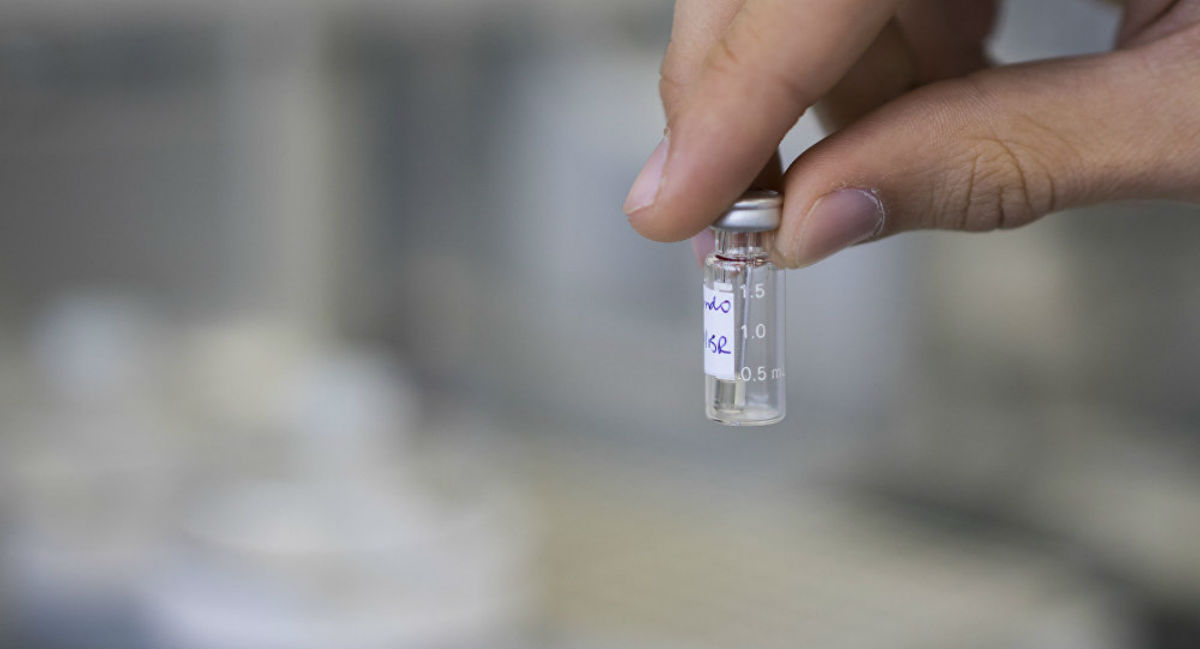
Untested stem cell therapies finally drawing attention of Australian regulators
There has already been one death in a clinic
The business of for-profit clinics offering unproven stem cell treatments is controversial all over the world. There have been reports of baseless claims of cures and adverse events — even deaths.
Previously, these stem cell treatments were available primarily in developing countries with less regulation or weak law enforcement. However, a highly developed country like Australia has had stem cell businesses since 2011, There are not more than 60 of them. — among the world's highest concentration of stem cell clinics. Australian clinics are advertising a variety of medical procedures and anti-ageing therapies.
In 2013, a 75-year-old woman with Alzheimer’s disease, Sheila Drysdale, died as a consequence of procedures from liposuction used to extract stem cells to treat her dementia condition. Hers was the first death in Australia at a stem cell clinic. The coroner was scathing in his assessment in 2016:
“While all medical and surgical procedures necessarily start off experimentally, there is a world of difference between rigorously and ethically conducted clinical trials that are reviewed at every stage by qualified peers and this procedure which, in relation to treatment of dementia at least, has some of the troubling hallmarks of ‘quack’ medicine: desperate patients, pseudo-science and large amounts of money being charged for unproven therapies.”
Desperate people are at significant risk of becoming patients without the safeguards of a well-designed clinical trial that will ensure oversight and transparency. Patients tend to rely on patient testimonials and anecdotal evidence rather than scientific evidence.
Stem cell research is a holy grail for the treatment of various diseases and conditions. But there’s a caveat: a lot of work is needed to translate this research into safe as well as effective therapies.
Currently, the range of illnesses for which there are proven treatments based on stem cells is minuscule. The only established safe and effective stem cell treatment is haematopoietic stem cell transplantation (HPC) transplantation (for decades, physicians have been extracting stem cells from bone marrow to treat blood disorders, for instance, leukaemia).
Other stem cell therapies are currently unproven and experimental. Medical research into stem cells is still at early stages. Potential medicines are developed in the lab and then translated into products for medical use. They require robust independent review and testing to make sure they are safe and effective.
Despite little evidence for their safety or efficacy, some private clinics which are skipping this crucial step and are advertising stem-cell based procedures on the internet.
Possible risks that may develop after receiving those stem cell treatments are allergic reactions, infection, cancer, and rejection of cells by the patient’s immune system. And of these complications could be deadly.
Furthermore, there is no medical evidence that these treatments will work.
There are other harms. Doctor-patient relationships may be damaged. There is a financial hardship as stem cell-based therapies are usually expensive (likely to be at least tens of thousands of dollars). Acute and desperate patients are prepared to pay a high price for these treatments. These procedures may also involve repeat treatments. Should anything goes wrong, there may be emergency care costs.
Undergoing unproven stem cell treatment may interfere with proven therapies, and it could disqualify the patient from future participation in clinical trials.
Collectively, these different forms of harms could cause general distrust by the community of this promising field of medicine.
Australian regulation
Australia’s national drugs regulator is the Therapeutic Goods Administration (TGA). It is responsible for regulating the safety and efficacy of medicines, medical devices and the manufacturing and advertising of therapeutic goods in the country.
In 2011, the TGA introduced an exemption for certain kinds of biologicals including “autologous therapies”. This means cells and tissues are removed from and applied to the same person; both the donor and the recipient are the same people. After removal from the patient, the cells are treated, processed or purified. As these cells come from the same patient, there is a much lower chance of rejection of the cells by the patient’s immune system.
The reason for the exemption was that autologous stem cell treatments were considered to be an extension of medical practice. It was intended to exclude straightforward procedures from regulatory interference. This exception is being exploited by private clinics to offer unproven stem cell therapies.
To determine a suitable regulatory framework, the TGA conducted public consultations with stakeholders to seek their views. Four options were proposed for the regulation of autologous human cell and tissue products. Option 1 maintains the status quo allowing the providers to continue marketing unproven autologous stem cell directly to consumers. Options 2, 3 and 4 prohibit the direct-to-consumer marketing of autologous stem cell. These options differ according to the extent of manipulation that is allowed before regulatory exemption no longer applies.
On a positive note, TGA has recently announced that amendments to the law will be implemented in 2018. The new law is designed to provide graduated regulatory oversight of the products commensurate with the safety risks to patients. The proposed changes will not permit direct advertising to consumers of the autologous cell and tissue products. Adverse event reporting to TGA will be required.
Detailed guidance is being drafted to assist in interpreting the new law. Meanwhile, the TGA will consult stakeholders on the development of these guidance documents. A transition period will allow medical providers to make adjustments to the new regulation. This is a positive step forward, and hopefully, it will stop the quacks.
Dr Patrick Foong is a law lecturer at Western Sydney University.
Creative commons
https://www.bioedge.org/images/2008images/FB_stem_cell_clinics.jpg
stem cell ethics
stem cell therapies
stem cells
